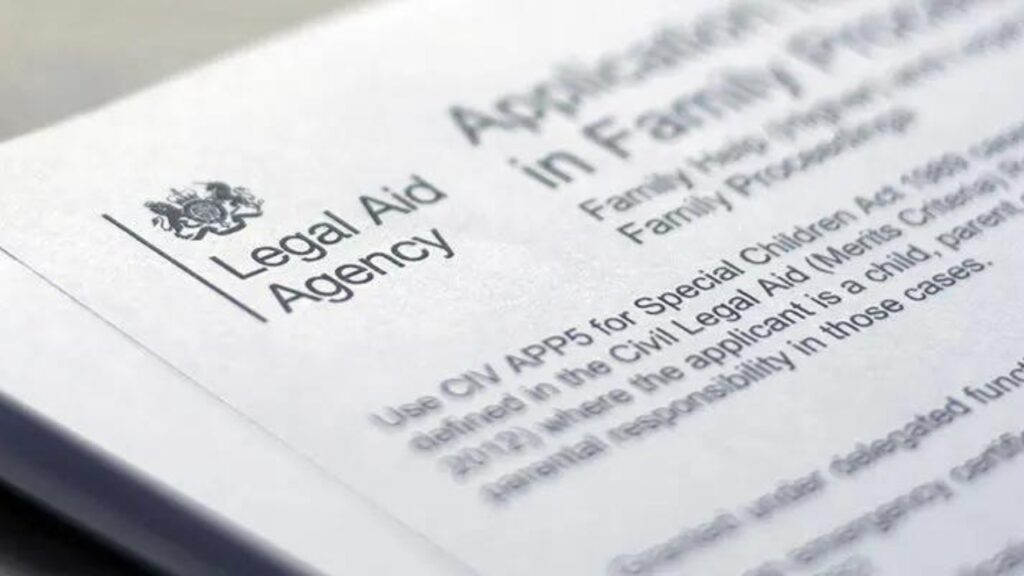An urgent review of the impact of civil legal aid has been ignored by the government after a damning assessment of the implementation of and response to the Legal Aid, Sentencing and Punishment of Offenders Act 2012 was made by the House of Commons justice committee.
The Act took much of civil justice out of the scope of legal aid and resulted in a call from the Law Society for a review of the changes caused by the Act.
Shadow justice secretary Sadiq Khan pressed the government to agree to this demand during justice questions in the Commons on the 17th of March; however, justice minister Shailesh Vara told the chamber it was’regrettable’ that the government’s position was being attacked by Labour, who were not committing to any reversal of legal aid cuts.
Vara told MPs that the government has ensured that legal aid assistance will be provided to those who need it, particularly those in abusive relationships.
When Vara was questioned about the number of victims of domestic violence who have had legal aid funding stopped because the evidence supporting their claims was more than two years old, Vara stated that there had been a “huge amount of misunderstanding” about the eligibility of legal aid, saying that the criteria of required evidence had been increased when, after the passing of the Act “we found that more evidence was required.”
The government was also asked during the session to comment on the issue of exceptional case funding, which was intended by LASPO to act as a safety net for meritorious cases to be given funding.
The justice committee report stated that the Ministry of Justice has estimated that 5,000–7,000 applications would be made each year, of which around 3,700 would be granted. However, figures from the Legal Aid Agency showed that only 151 (7.2%) of the 2,090 applications made between April 2013 and September 2014 were approved.
Vara explained this figure, stating that as the funding is for exceptional cases, “the numbers involved in it have been few.”






